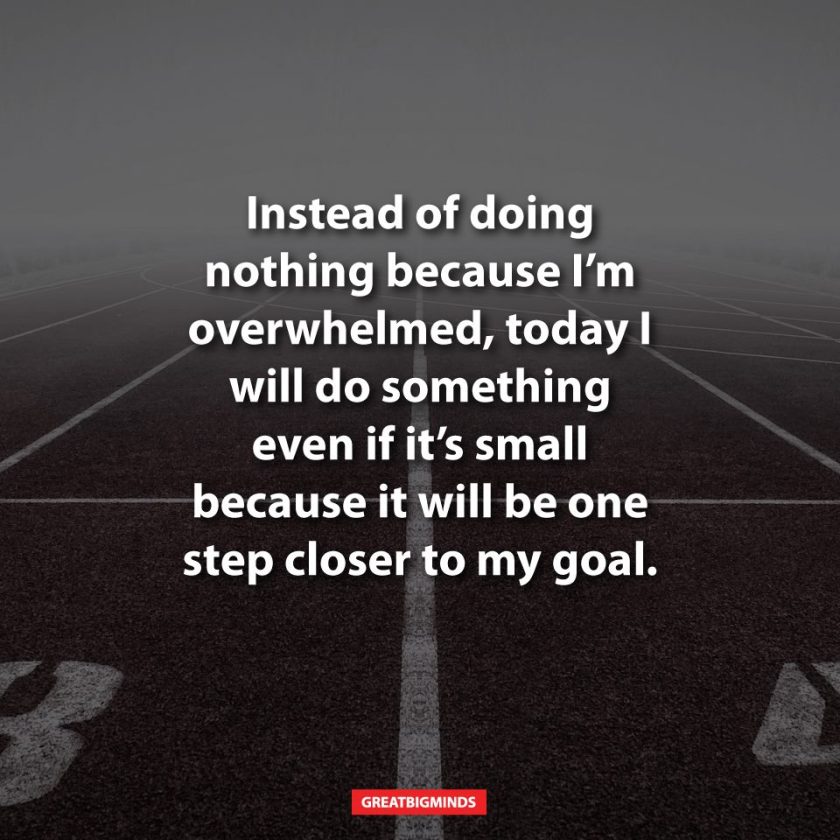Sometimes life in business seems like a real struggle. Each day you feel like giving up. Each day seems to be like Monday with so much to do and yet with very little evidence of progress. When embarking on a startup journey you know it isn’t going to be easy. You very well know that there will be several challenges on the way. Yet as you face those very challenges, you can’t help but feel overwhelmed. You may even find yourself a little lost in the process and struggle to see the path ahead of you. It’s in these times that you wonder if there is any point in going on. How can one get themselves out of such a bubble?
In search of this answer, most of what I read came back down to finding your ‘why’. Remind yourself why you started on this journey in the first place. Finding your ‘why’ can reignite your passion and give you a sense of purpose that can help you through your struggles. Its just a matter of continuing to come back to your ‘why’ so that each task you undertake is done with purpose. When you seem to get lost and progress seems bleak, reconnect with your ‘why’ for motivation. You may even want to set yourself a personal mission statement in line with your business mission statement to help reinforce this.
Storms are inevitable, so why not focus on your anchor, your ‘why’!




